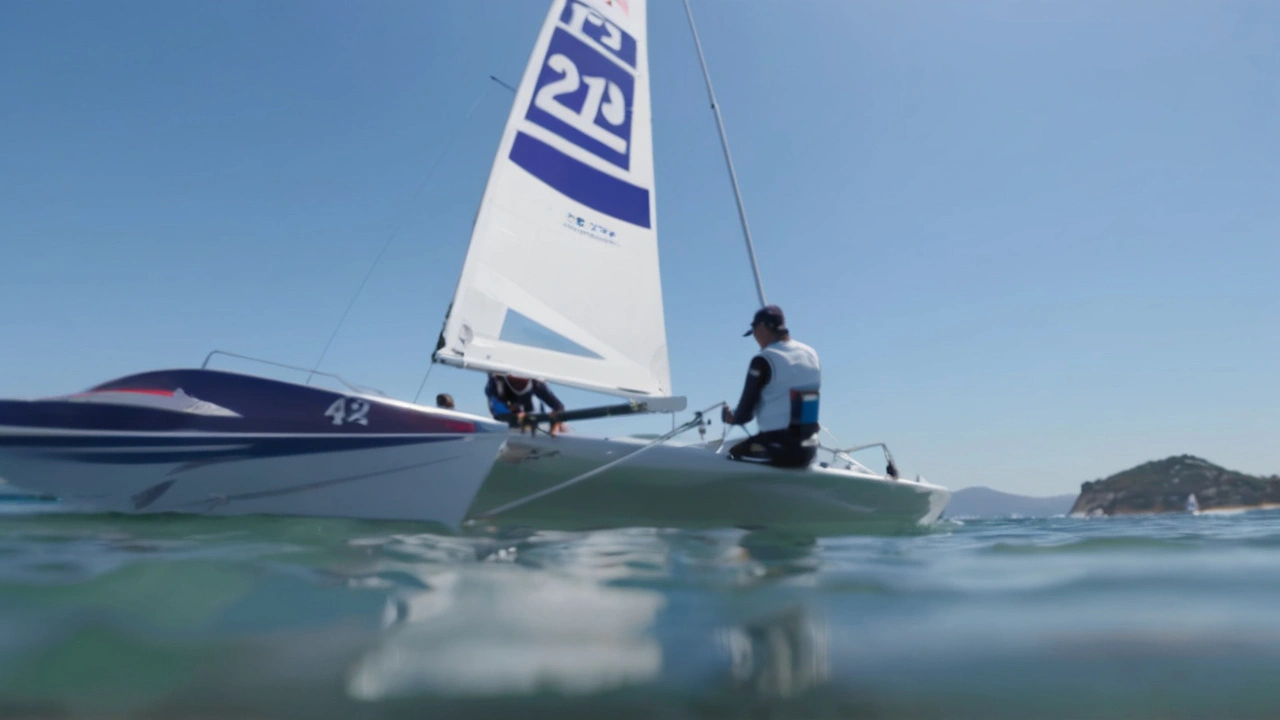Olympic Sailing: What You Need to Know
Olympic sailing is one of those sports that combines skill, strategy, and a bit of luck with the natural elements. It’s not just about speed; it’s about reading the wind, mastering your boat, and making fast decisions on the water. For many fans, sailing provides an edge-of-the-seat experience packed with thrilling races and unexpected outcomes.
If you’re new to Olympic sailing, think of it like a high-stakes game where sailors compete in various boat classes, each with its own set of rules and tactics. The competition ranges from small single-handed dinghies to larger two-person and mixed crews, all racing across challenging wind and water conditions. It’s not just about who’s the fastest but who handles the waves and wind best.
Why Olympic Sailing Stands Out
One thing that sets Olympic sailing apart is how it tests endurance and precision. Unlike some sports where the outcome is decided by a quick moment, sailing races can take hours, requiring steady focus and teamwork. Plus, every race is different — a sudden gust or shift in tide can change everything, making it unpredictable and exciting.
Fans enjoy watching how top sailors study the weather, tweak their sails, and adapt tactics mid-race. This sport also brings a mix of tradition and innovation, with equipment advancing over time but still demanding old-school skills. It’s cool to see athletes who combine physical strength with sharp instincts, proving that sailing is as much about brainpower as brawn.
Getting Into Olympic Sailing
Want to try sailing yourself? Many clubs and schools offer beginner lessons and even racing opportunities for newcomers. You don’t need to start with Olympic-level boats; there are simpler dinghies where you can learn the basics. If you love being outdoors and enjoy a bit of challenge, sailing can be a rewarding hobby or even a path to competing someday.
Keeping up with Olympic sailing also means following regattas and championships beyond the Olympic Games. World Sailing and other bodies organize events where life stories of athletes, surprises in results, and advances in sailing tech get highlighted. This adds layers to the sport and gives fans reasons to stay hooked well after the Olympic flame fades.
Next time you hear about Olympic sailing, remember it’s a sport demanding more than muscle power — it’s a contest of nature, skill, and smart moves that keeps sailors and fans coming back for more.





